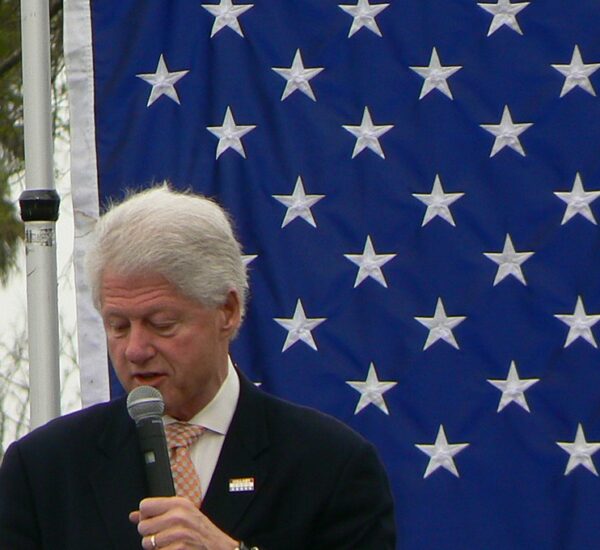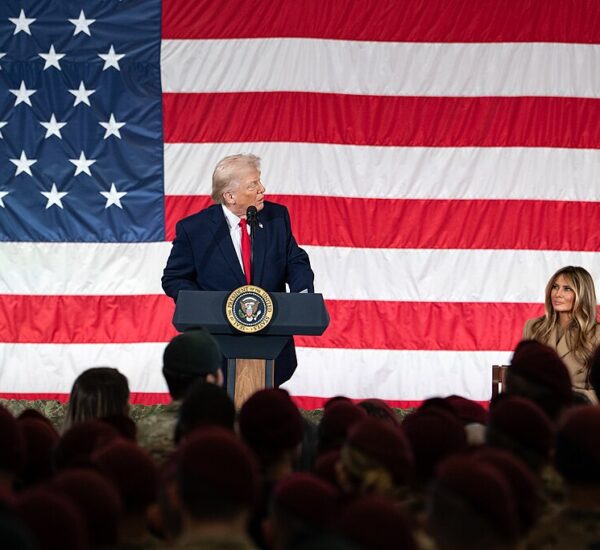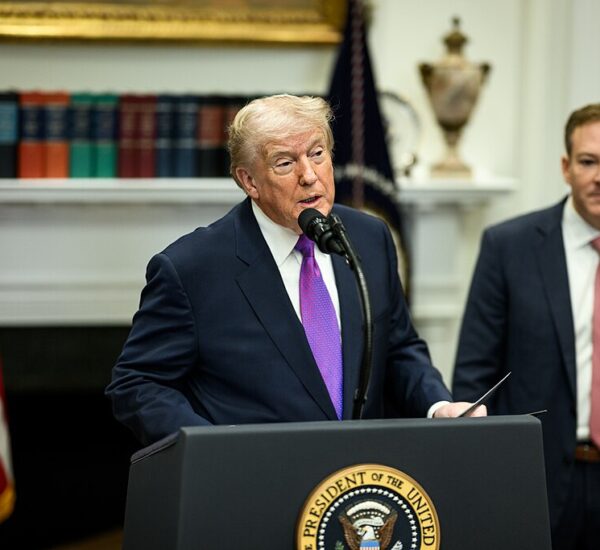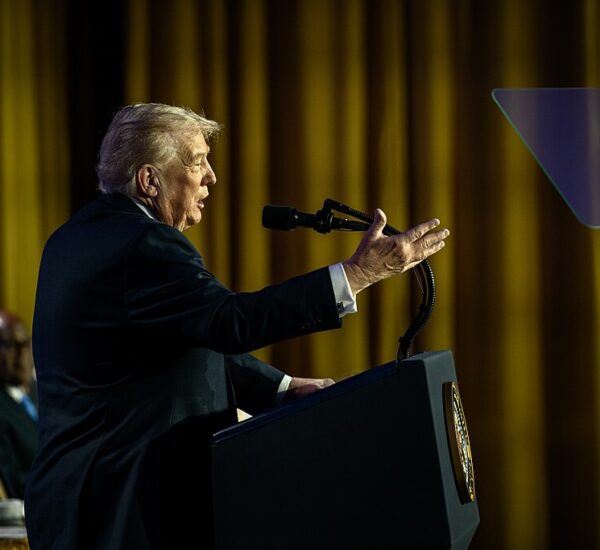Trump DOJ Fumbles Comey Case?
In a development sending shockwaves through legal circles, the Department of Justice has confirmed a major procedural failure in the case against former FBI Director James Comey. According to Wednesday’s testimony, the operative indictment was never presented to the full grand jury — a mistake that legal experts say could invalidate the prosecution entirely.
For many Americans who have already questioned the fairness and credibility of federal investigations in recent years, this revelation is nothing short of stunning.
Judge Confronts DOJ Over Grand Jury Breakdown
U.S. District Judge Michael Nachmanoff pressed DOJ officials to explain how such a glaring issue occurred. Multiple judges previously raised concerns about inconsistencies in the grand jury record, and Wednesday’s admission added even more doubt.
Instead of presenting a revised indictment to the full panel after jurors rejected one of the charges, interim U.S. Attorney Lindsey Halligan handed the new indictment directly to the foreperson — without allowing the rest of the jurors to review it.
When asked directly whether the full panel ever saw the indictment, Assistant U.S. Attorney Tyler Lemons conceded:
“Yes, that is my understanding.”
Defense attorney Michael Dreeben argued that this alone means “no indictment was ever returned,” which would make the charges invalid and allow the statute of limitations to expire.
Judge Nachmanoff ordered prosecutors to address the issue in a written filing before the end of the day.
Hearing Meant to Focus on Selective Prosecution Turns Into Damage Control
The day’s hearing was supposed to center on Comey’s claim of selective and vindictive prosecution, arguing that he was unfairly targeted because of his long-running feud with President Trump.
Comey’s attorneys presented a lengthy record of public clashes dating back nearly a decade. They insist the charges — tied to his 2020 congressional testimony — were fueled by political animus, not impartial justice.
Prosecutors dismissed the claim as speculation, insisting that news clips and social-media posts do not prove political interference.
Judge Nachmanoff pressed the DOJ on whether Halligan acted independently or as a proxy for higher-level pressure. The government denied any involvement from the White House, stating:
“It was her decision and her decision only.”
Legal Challenges Pile Up for the DOJ
This case is now facing more complications than ever:
- Challenge #1: Did Halligan even have the legal authority to bring charges?
- Challenge #2: Did the DOJ mishandle the grand jury?
- Challenge #3: Was Comey targeted for political reasons?
- Challenge #4: Were investigative missteps concealed from the court?
Another judge is evaluating whether Halligan’s appointment as interim U.S. attorney was lawful. If not, her signature on any indictment — including Comey’s — may be invalid.
Adding to the turbulence, a magistrate judge found a “disturbing pattern of profound investigative missteps” and temporarily granted Comey access to normally confidential grand jury materials.
That ruling is now paused as DOJ lawyers try to block the release.
Comey Still Set for Trial — For Now
Comey has pleaded not guilty and is scheduled to go on trial January 5. However, after the DOJ’s admission about the defective indictment, the entire case may be on the brink of collapse.
The heart of the issue is simple: If the indictment wasn’t properly approved, federal law says the prosecution cannot stand.
For millions of Americans — especially those who watched Comey lead the FBI’s highly controversial actions against President Trump during his first administration — this case raises deeper questions about the reliability and impartiality of federal law enforcement.
And now, with the Justice Department acknowledging a serious misstep, one question looms large:






